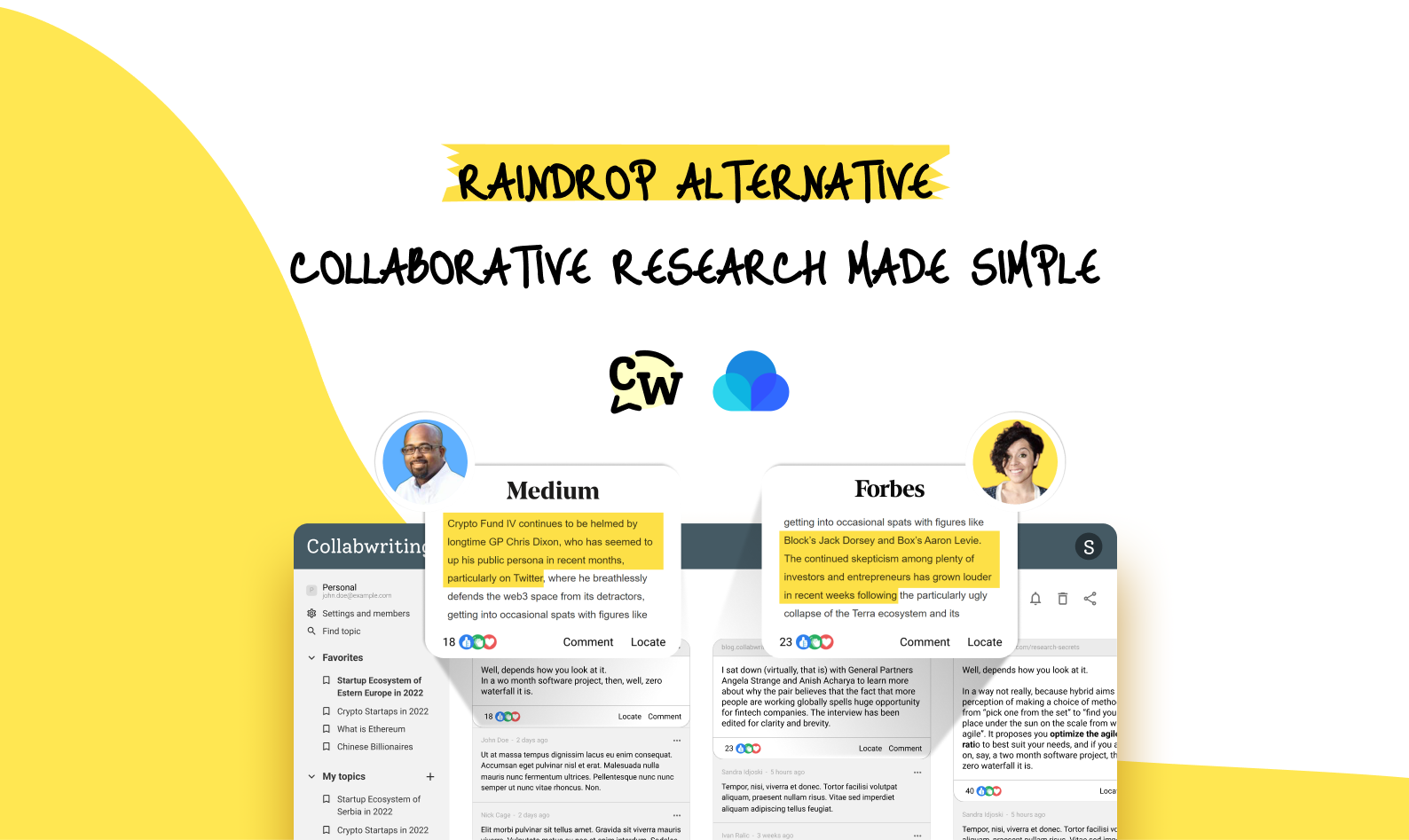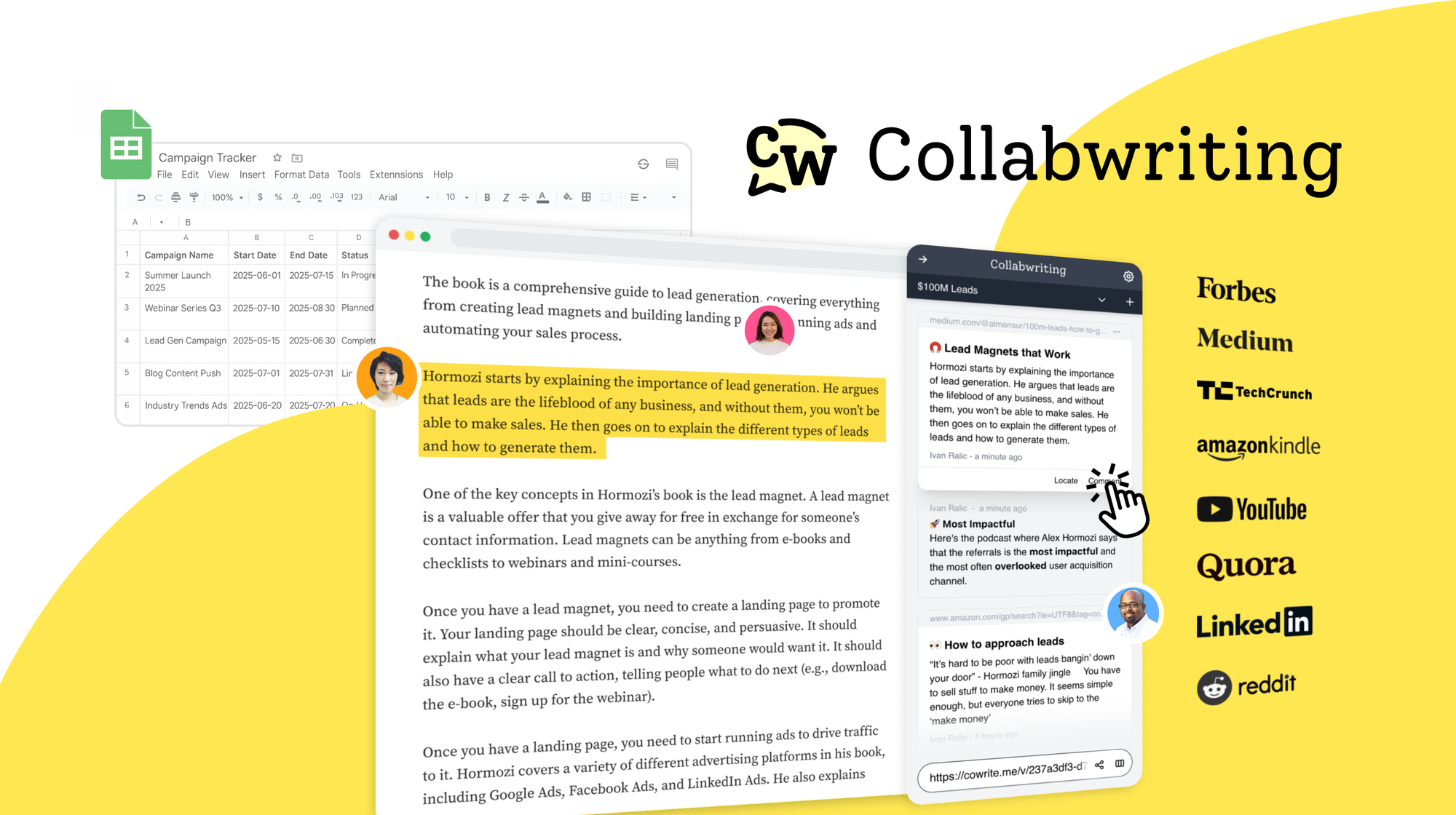Success isn't just about money or fancy titles anymore. Nowadays, it's all about having a growth mindset – being open to change, bouncing back from tough times, and always learning.
Now, let's discuss how the idea of success is shifting and why having this kind of mindset is super valuable.
Also, we'll check out what big players like PwC and Microsoft are doing for some cool inspiration!
What is a Growth Mindset?
Imagine working in an environment where everyone focuses on personal and professional growth. This is where challenges are viewed as opportunities, and failure is seen as a stepping stone to success.
Sounds like a dream workplace, doesn't it?
Well, the good news is that you can totally make this happen in your workplace by embracing something called a growth mindset. It's all about believing in yourself, thinking you can get better at anything, and being cool with challenges because they're like your personal trainers for success.
This concept was introduced by renowned psychologist, Professor Carol Dweck. She discovered that our beliefs about our abilities have a significant impact on our lives.
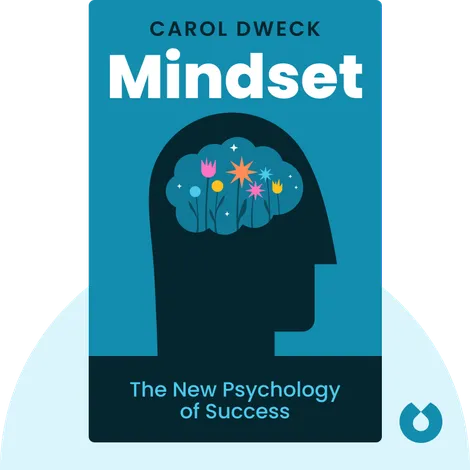
In her groundbreaking book, Mindset: The New Psychology of Success, Dweck explains in detail how adopting a growth mindset can transform your life and career. People with a growth mindset don't see their talents and intelligence as fixed, but rather as something they can develop through dedication and perseverance.
So, if you want to achieve more and reach your full potential, it's time to ditch the fixed mindset and embrace a growth mindset at your workplace.
With the right strategies and support, you can overcome any obstacle and create the best version of your team.
What makes a Fixed Mindset an enemy of success?
One of the biggest differences between the two mindsets is how they approach challenges. Fixed mindsets can create helplessness and fear of failure, while those with a growth mindset view challenges as opportunities to learn and grow.
A fixed mindset is like a cage that limits our potential, while a growth mindset is like a key that unlocks new possibilities and opportunities.
People with fixed mindsets believe that their abilities and qualities are fixed traits that can't be changed. In contrast, those with a growth mindset see their potential as limitless and believe that they can develop their skills and talents through diligent work and learning.
Another significant difference is how they view failure. A fixed mindset sees failure as proof of a lack of innate ability, whereas a growth mindset sees it as an opportunity to learn and improve. They understand that mistakes and setbacks are a natural part of the learning process and use them to become even better in the future.
In short, adopting a growth mindset can help us unlock our potential, embrace challenges, and achieve our goals by believing in our abilities and constantly striving to improve ourselves.
Embracing change: The foundation of growth
The ability to embrace change is a fundamental aspect of cultivating a growth mindset.
In a world that never stops evolving, organizations and individuals face a crucial challenge: adapt or be left behind.
The ability to embrace change and navigate its complexities is not just an advantage - it's a necessity for thriving in today's dynamic landscape.
Whether it's staying ahead of emerging technologies, responding to shifting markets, or meeting customers' ever-evolving needs, adaptability is the lifeline for sustained success.
Strategies employed by PwC and Microsoft to foster a culture of change and growth
Building a culture of change and growth requires deliberate strategies and initiatives. PwC and Microsoft have implemented various practices to foster such a culture. This ensures that adaptability, innovation, and growth are deeply ingrained in their organizations.
These strategies include:
● Leadership commitment: Ensuring leadership buy-in and modeling a growth mindset are the first steps toward inspiring teams.
● Transparent communication: Creating channels for open and transparent communication to encourage idea sharing, collaboration, and cross-functional learning.
● Learning and development programs: Provide all employees with opportunities for continuous learning, upskilling, and reskilling to adapt to emerging trends and technologies.
● Cross-functional collaboration: Encouraging collaboration across departments and teams to foster a culture of shared knowledge and diverse perspectives.
● Agile processes: Implementing agile methodologies and practices that promote flexibility, iteration, and quick adaptation to change.
● Recognition and rewards: Recognizing and rewarding efforts aligned with a growth mindset, such as innovative ideas, experimentation, and embracing change.
By understanding and implementing these strategies, individuals, and organizations can foster a culture that embraces change, cultivates resilience, and lays the foundation for sustained growth.
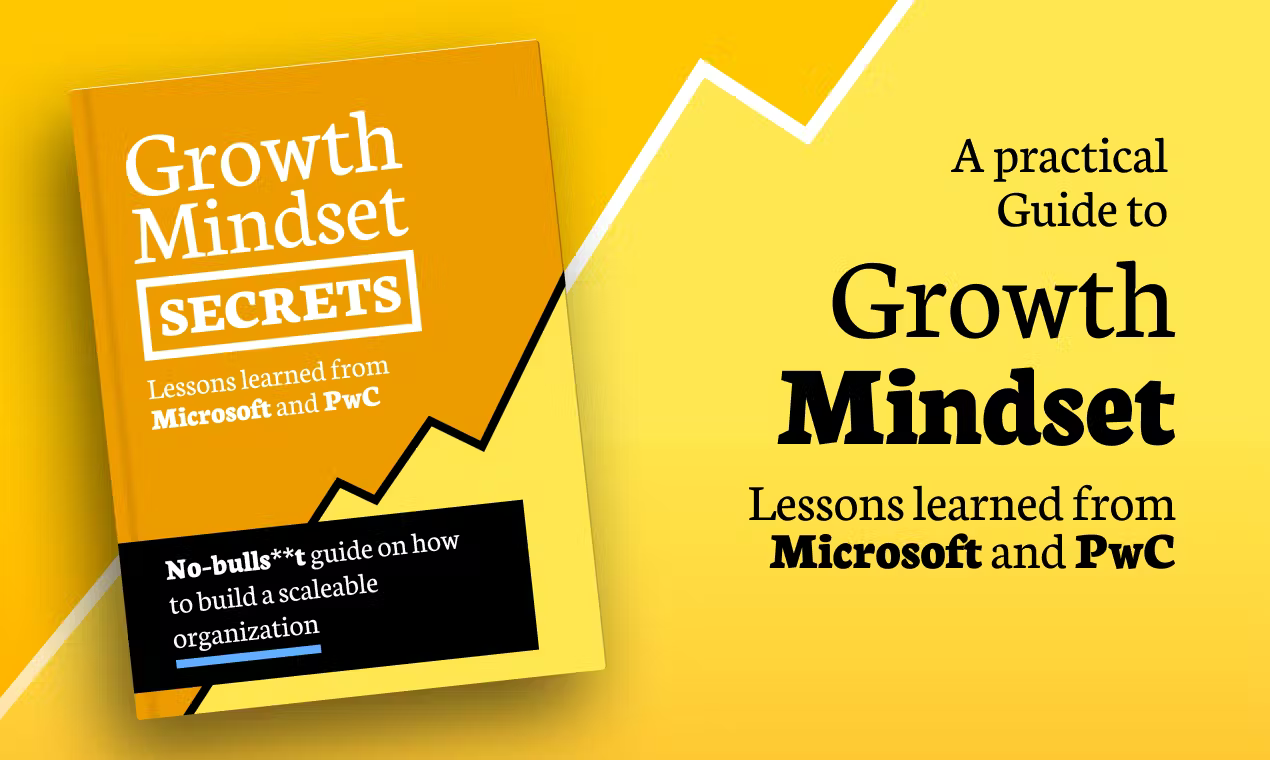
Growth Mindset - Lessons learned from Microsoft and PwC
PwC and Microsoft use growth mindset strategies for success, including leadership commitment, communication, learning programs, collaboration, and more.
Collaboration fosters a growth mindset
Collaboration is a powerful tool that fosters a growth mindset in individuals and groups. A growth mindset is a belief that intelligence, abilities, and talents can be developed through dedication, effort, and learning from mistakes. It contrasts with a fixed mindset, which assumes that these qualities are fixed and cannot be changed.
Collaboration involves collective problem-solving, knowledge sharing, and skill development.
Here are several ways collaboration can foster a growth mindset:
Learning from Different Views
Teaming up with diverse folks means you get a mix of backgrounds and ideas. It's like having a buffet of perspectives! By listening and working together, you get a peek into different ways of thinking and problem-solving.
Feedback Rocks: When you collaborate, you share feedback. It's like having a buddy system for improvement. Getting constructive criticism isn't about failing; it's a chance to grow. Mistakes become stepping stones, and feedback is like your personal coach for getting better.
Team Power
Teamwork means sharing the load and being responsible together. It's like cooking up a dish where everyone adds their secret ingredient. Knowing your efforts matter to the team's success fuels a drive to get better and contribute more.
Cheerleading Squad
Collaboration comes with a built-in support system. When your team has your back, you're more likely to take risks, try new things, and face challenges. Having others in your corner builds confidence and a can-do attitude.
Create Cool Stuff Together
Teaming up is like a brainstorming party. It's not just about solving problems; it's about creating new things. When you explore together, failure becomes a way to learn and improve. It's like a continuous improvement party – always adapting, always growing.
How PwC and Microsoft have embraced growth mindset principles
PwC and Microsoft are rocking the growth mindset vibes!
They get that this mindset isn't just a buzzword – it's a game-changer for leaders and the whole organization. Microsoft, in particular, has this cool leadership program all about embracing the growth mindset. They know leaders are the superheroes behind a culture of growth and innovation.
Microsoft's leaders are like growth mindset champions. They tackle challenges, soak up feedback, and keep on learning. And you know what's awesome? They see setbacks not as roadblocks but as stepping stones to success. This mindset helps them roll with the punches, adapt to changes, and spark innovation.
Now, PwC is also on the growth mindset train. They get that in today's fast-paced business world, a growth mindset is like a secret weapon. It's all about being agile, adaptable, and hungry to learn – the ultimate combo for top-notch leadership.
In a PwC survey, a whopping 52% of employees agreed that having a growth mindset is key to picking up new skills and climbing that career ladder.
That's huge!
PwC's leaders are all about facing challenges head-on and taking smart risks. They're big on learning, whether it's through formal training, mentorship, or diving into real-world experiences.
So, what's the secret sauce?
Both PwC and Microsoft know that a growth mindset isn't just a nice-to-have – it's a must-have. It creates a vibe where leaders are curious, tough, and ready for whatever comes their way.
No wonder they're leading the pack in innovation, and collaboration, and always getting better.




![The Best Tool for Collaborative Research in Content Marketing Teams [2026]](/content/images/2025/12/image--5-.png)

![5 Tools Marketers Use to Organize Research - Compared [2026]](/content/images/2025/11/cover-4-1.png)

![Build Credibility in Research: Smart Way to Verify Information and Track Sources Easily [2025]](/content/images/2025/10/covers-for-blog--7--1.png)
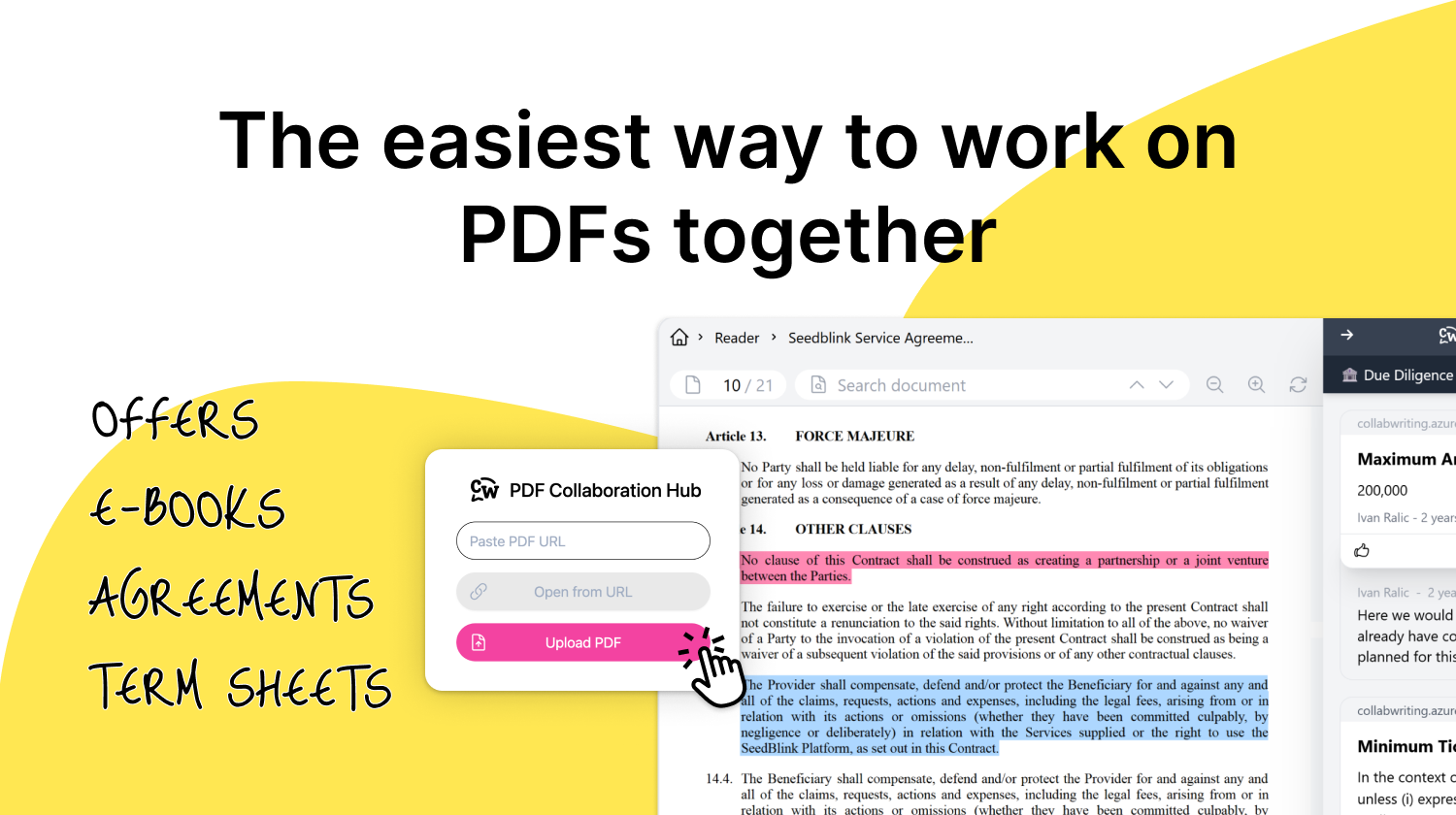
![How Marketers Can Turn LinkedIn Content into Collaborative Research [2025]](/content/images/2025/10/covers-for-blog--8-.png)
![Best Readwise Alternative for Personal & Team Research [2026]](/content/images/2025/09/Frame-814--3-.png)
